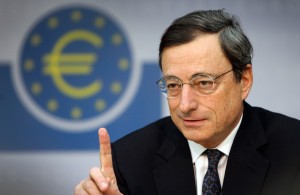7.1% more tourists booked their holiday in an apartment this Winter.
The number of tourists visiting Tirol increased by 7.6% between November and March.
Some other positive news: hotels are reporting strong bookings for the Summer season too.
76% of accommodation owners are satisfied with their Summer reservations.
Germany is still the number one country and the number of German tourists increased by 10.4% to 523,000 overnight stays.
There was a 7.1% increase in the number of bookings to stay in apartments versus hotels.

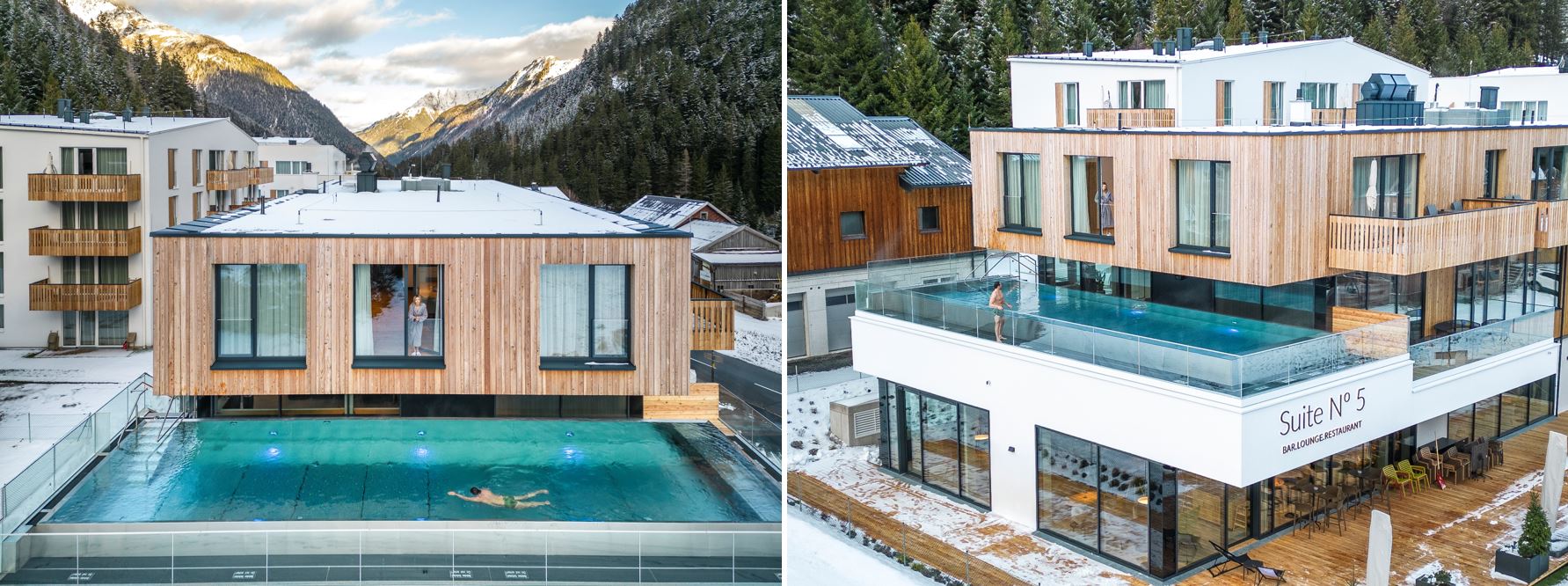
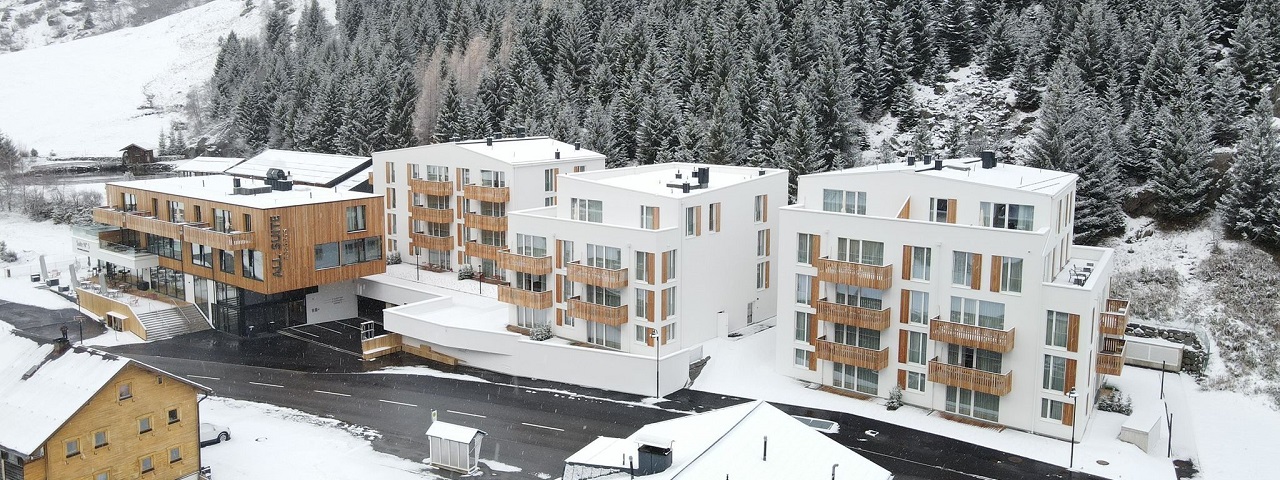
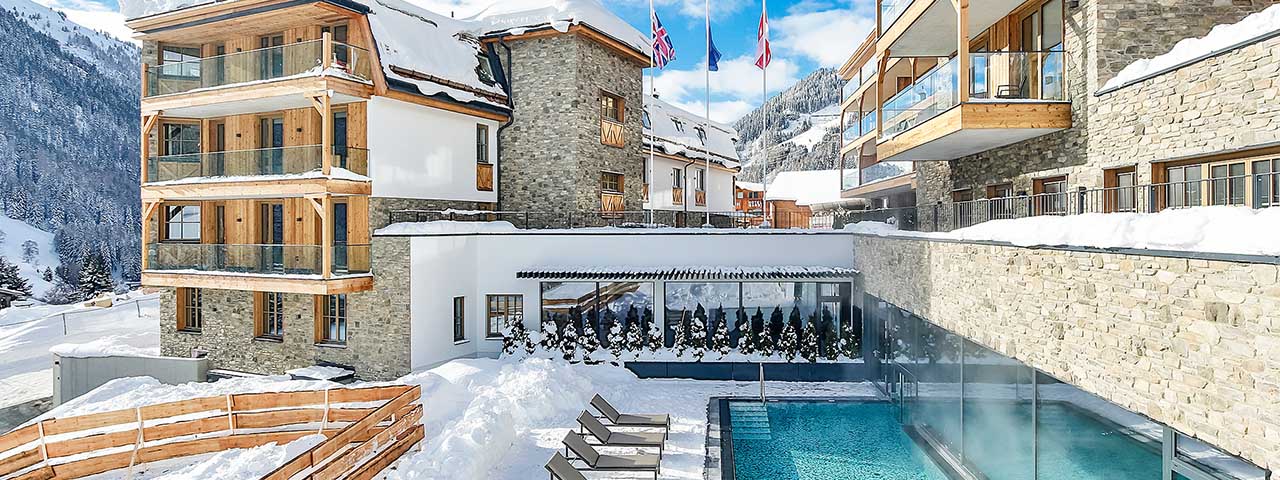
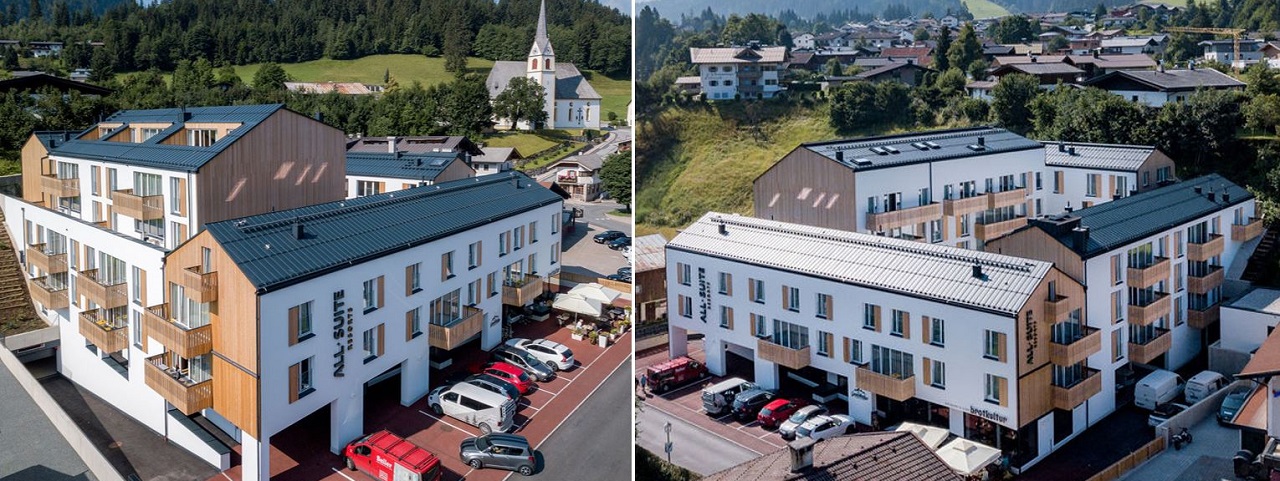
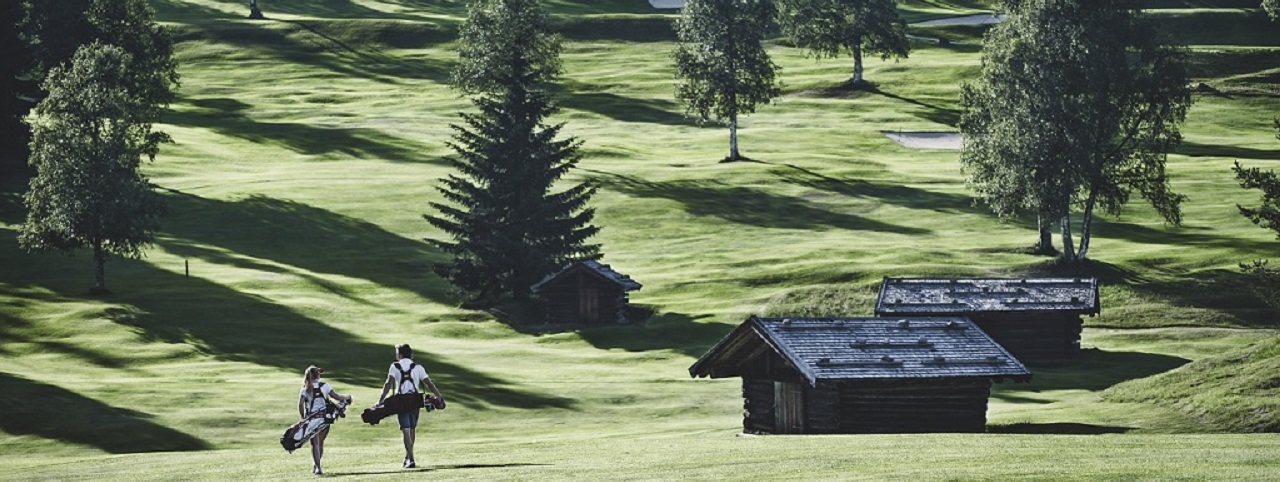
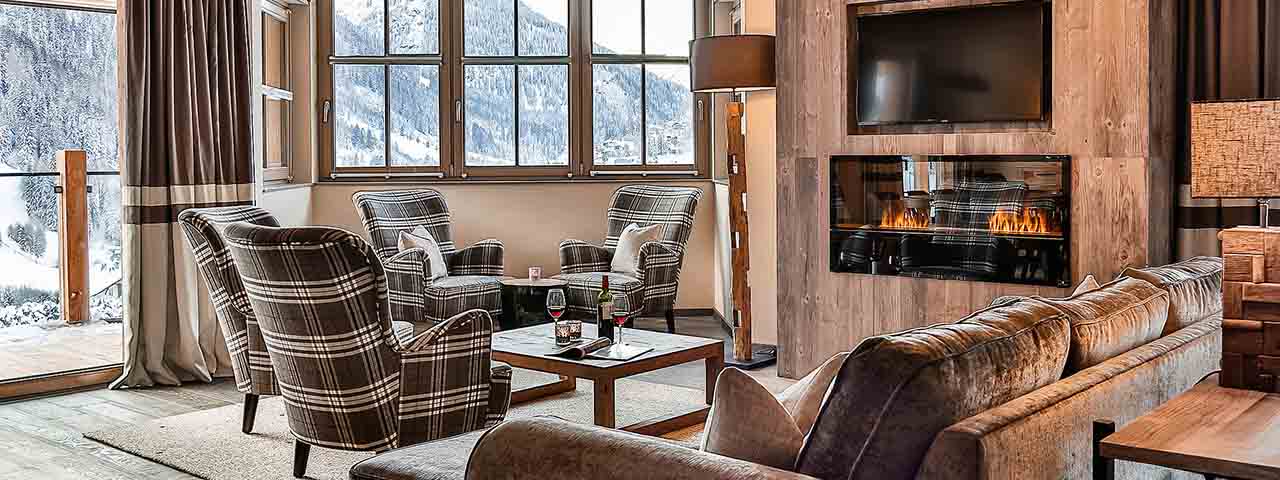
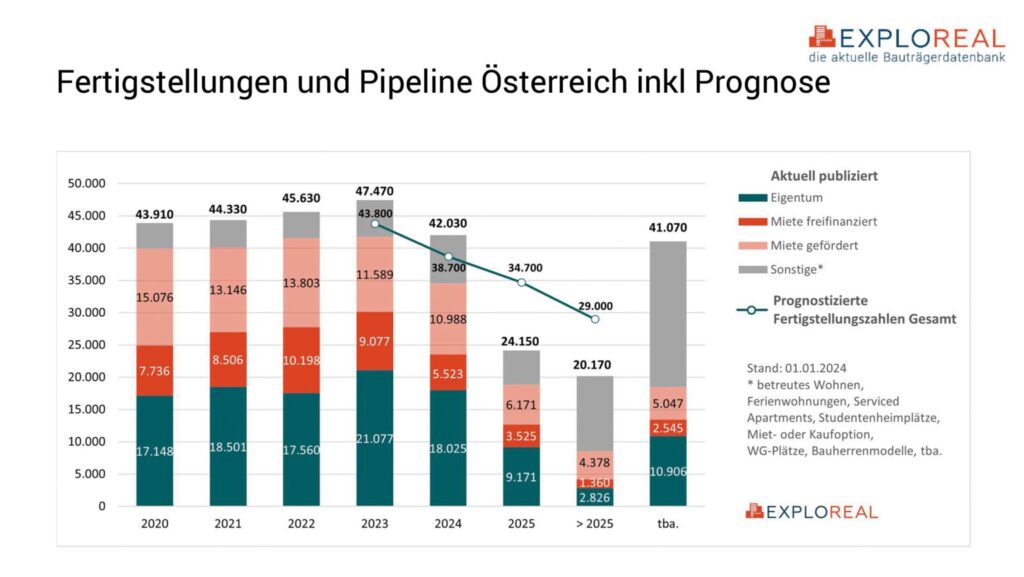
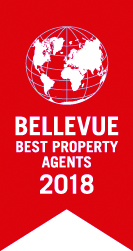
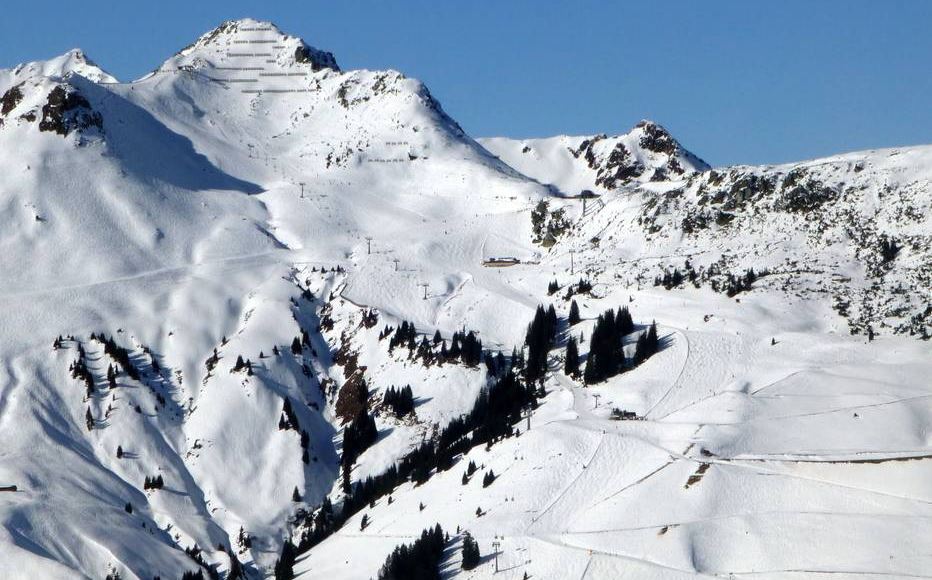
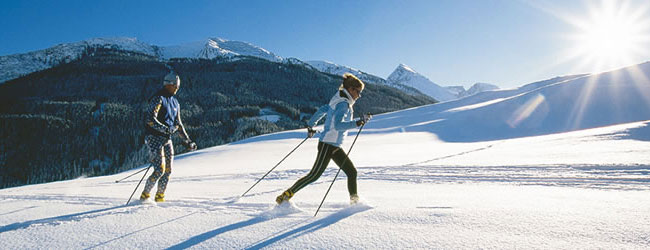
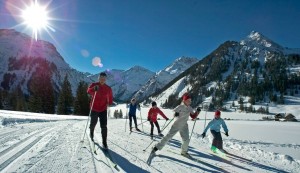
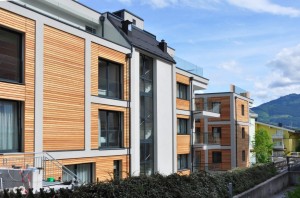
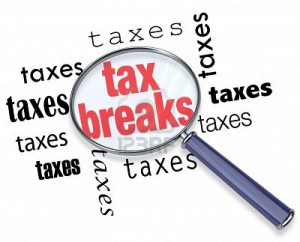 The traditional target for
The traditional target for 